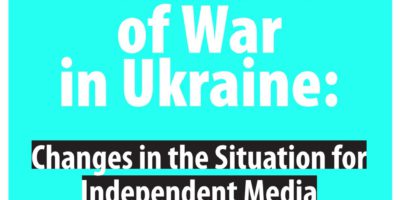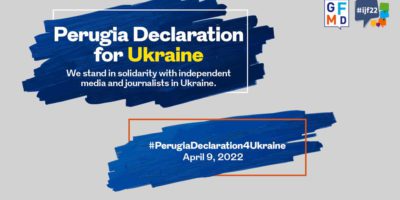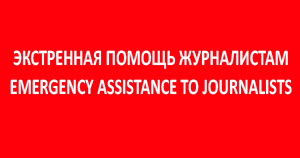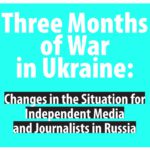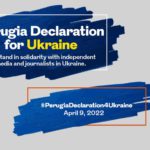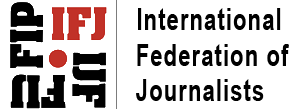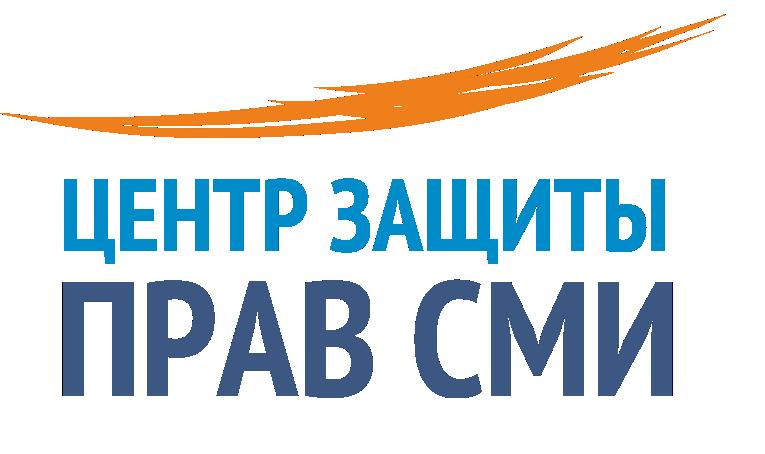On March 25, 2017, 39 journalists were detained in the exercise of their duty by the officers of the state militia and other security services during the mass protest in Minsk. Three of those detained are Russian nationals who travelled to Minsk on an editorial assignment to attend the protest event. All of those three carried their press cards confirming their status at the time when they were detained, and two of them had been accredited with the Ministry of Foreign Affairs of the Republic of Belarus.
Photo correspondent Anton Karliner was detained even before the protest action began and despite him producung his MediaZona press card upon request from police officers. BBC Russian service correspondent Sergey Kozlovsky was brutally grabbed and taken to a police van soon after the action started, without even checking his ID, even though he had repeatedly declared that he was accredited with the Belarus authorities and therefore authorised to do his work there. Kommersant correspondent Kirill Krivosheyev was detained an hour before the action began, after he photographed the square where it was going to happen. And whereas the Kommersant correspondent was released from the police van a few minutes later, after his status was clarified, Messrs. Karliner and Kozlovsky were taken to the police station where they were detained for several hours without any explanation of the reasons for such detention. This means that they were unable to fulfill their professional duties. Furthermore, officers of the Pervomaysky police station had repeatedly denied that photo correspondent Karliner was being kept at their station at the time when he was made to stand facing the wall of their inner yard, along with other detainees.
Journalists’ and Media Workers’ Union (JMWU) firmly believes that this conduct and treatment of journalists on the part of police and security officers are totally unacceptable and sees them as a deliberate act of violence, an infringement upon freedom of speech and an act of censorship, as well as demonstration of hostility to our country. These journalists were doing their professional duty keeping within the Belarusian laws.
JMWU also finds any attempt to introduce accreditation procedures for Russian journalists working in Belarus totally unwarrantable, so long as the Treaty on the Union between Belarus and Russia is in effect. Moreover, Article 8 of the ratified Treaty on Friendship, Good-Neighborliness and Cooperation between the Russian Federation and the Republic of Belarus provides for both parties to it – Russia and Belarus – to promote comprehensive contacts between the people of these two countries; this includes contacts between mass media and journalists. We demand that press cards and journalists IDs be accepted as sufficient to authorise free movement and professional operation on the territory of Belarus.
We demand from both the Foreign Ministry of the Republic of Belarus and the Foreign Ministry of the Russian Federation a prompt and public inquiry into the situation to find a solution that would rule out the possibility of such conduct and treatment of journalists on the part of the police and other security officers, and a comment from these agencies of the two states in connection with the situation.

